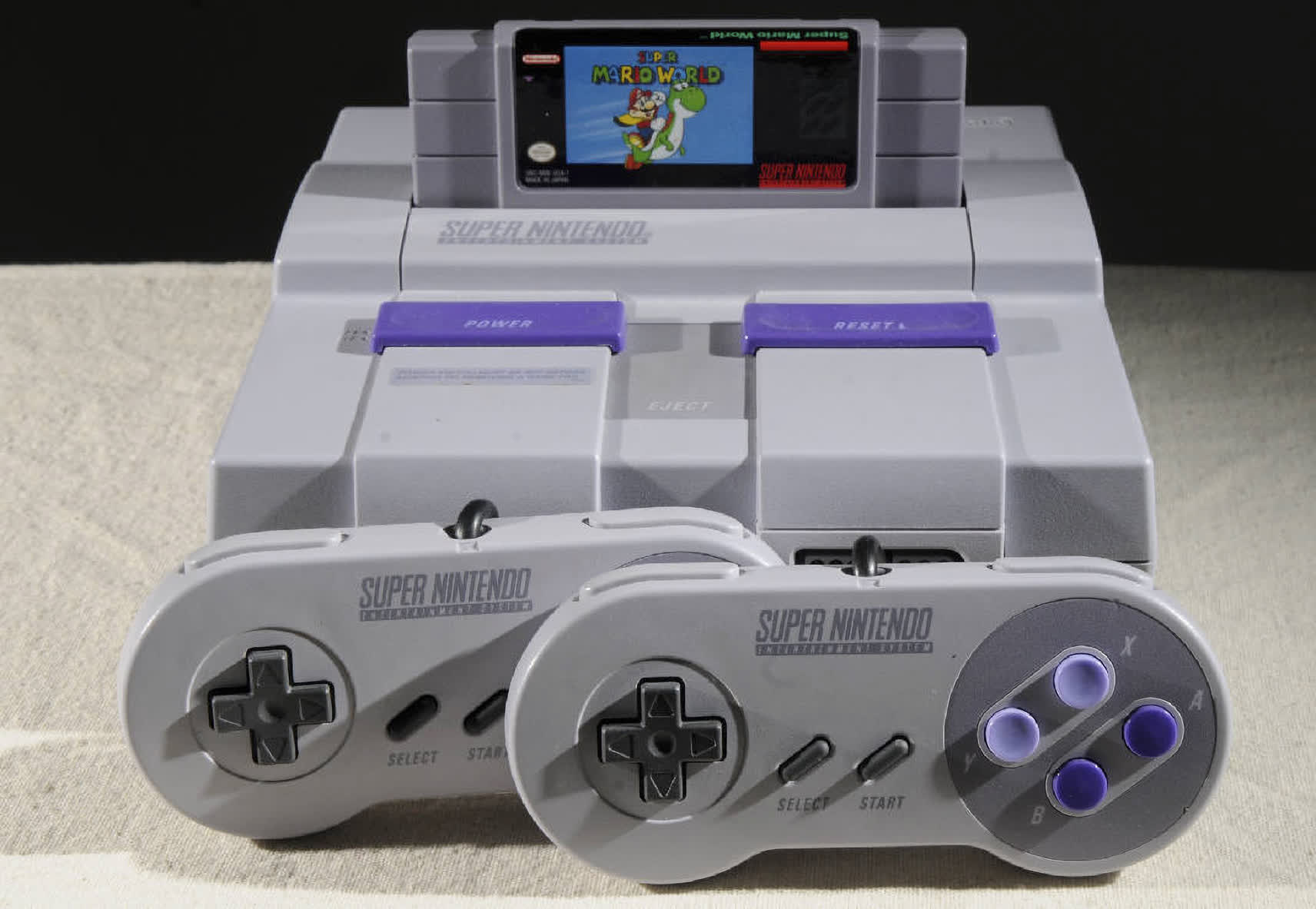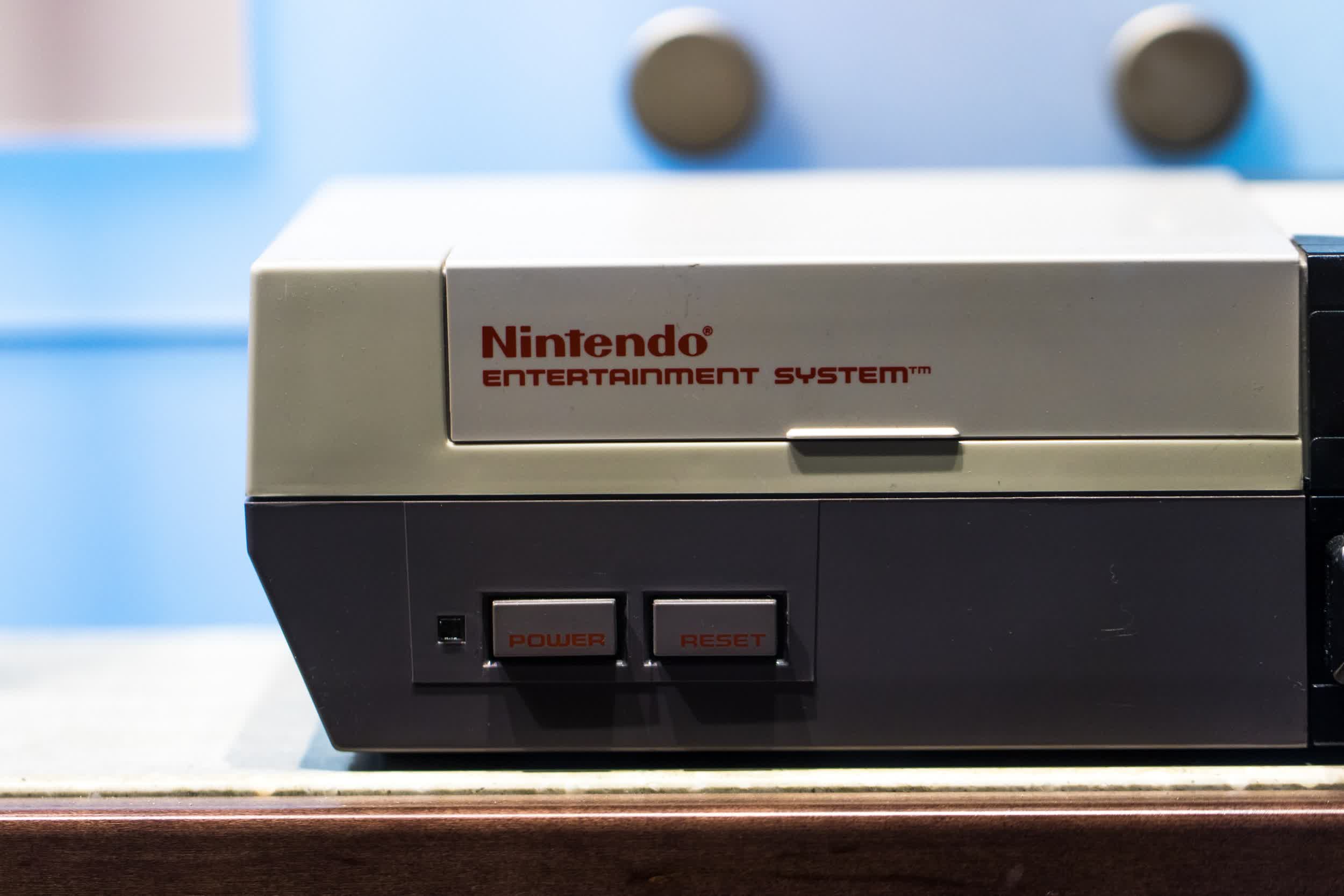In brief: Lance Barr may not be a name you're familiar with (no, he's not a member of NSYNC, that's Lance Bass), but odds are you've played one of the game consoles he designed. After dedicating nearly 39 years of his life to one company, however, the designer is moving on to tackle other projects.
Barr joined Nintendo of America way back in 1982 as the company's Design & Brand Director, a position he maintained for the duration of his nearly 39-year career with the company.
Barr's first work for Nintendo involved designing arcade cabinets, but soon enough, he was put in charge of designing the Nintendo Entertainment System for the North American market. In a 2005 interview, Barr said the original NES "was conceived as a wireless, modular system, designed to look more like a sleek stereo system rather than an electronic toy."
After its first showing at CES, he was asked to redesign certain elements to meet new engineering requirements. This included removing the wireless functionality and ditching some of the modular components. The biggest change, Barr said, was the new method for inserting game cartridges into the console.
"The case had to be designed around the movement of the game, and required the shape and size of the NES to grow from earlier concepts. Many of the features remained, such as the two-tone color, left and right side cuts, and overall "boxy" look, but the proportions change significantly to accommodate the new edge connector." - Lance Barr, 2005
Barr also worked on the mid-cycle refresh of the NES as well as the North American design of the Super Nintendo.
Regarding the Super Famicom, Barr said the design was "maybe okay" for the Japanese market but they were always looking at future modular components, meaning they needed to design with the idea of stacking components on top of each other.

"I thought the Super Famicom didn't look good when stacked and even by itself, had a kind of "bag of bread" look," Barr said.
Barr on his LinkedIn page confirmed his retirement from Nintendo, which occurred in July, and said he is moving on to "other" projects.
Image courtesy Jason Leung
